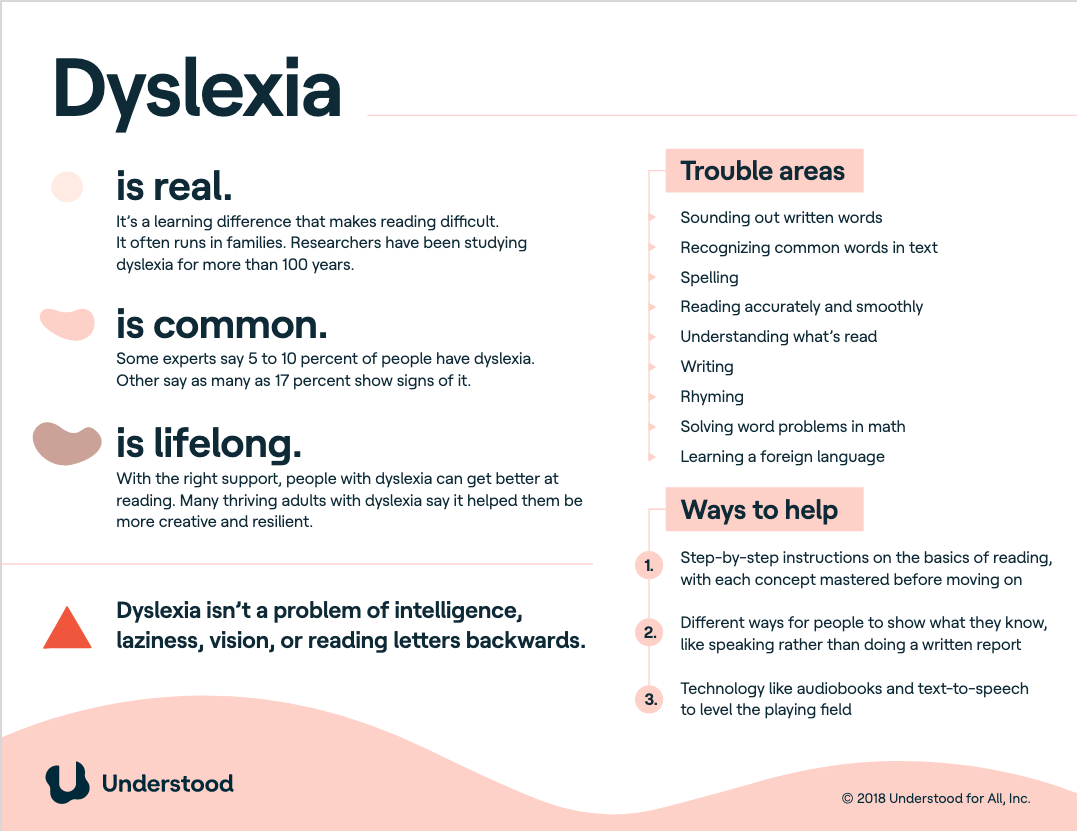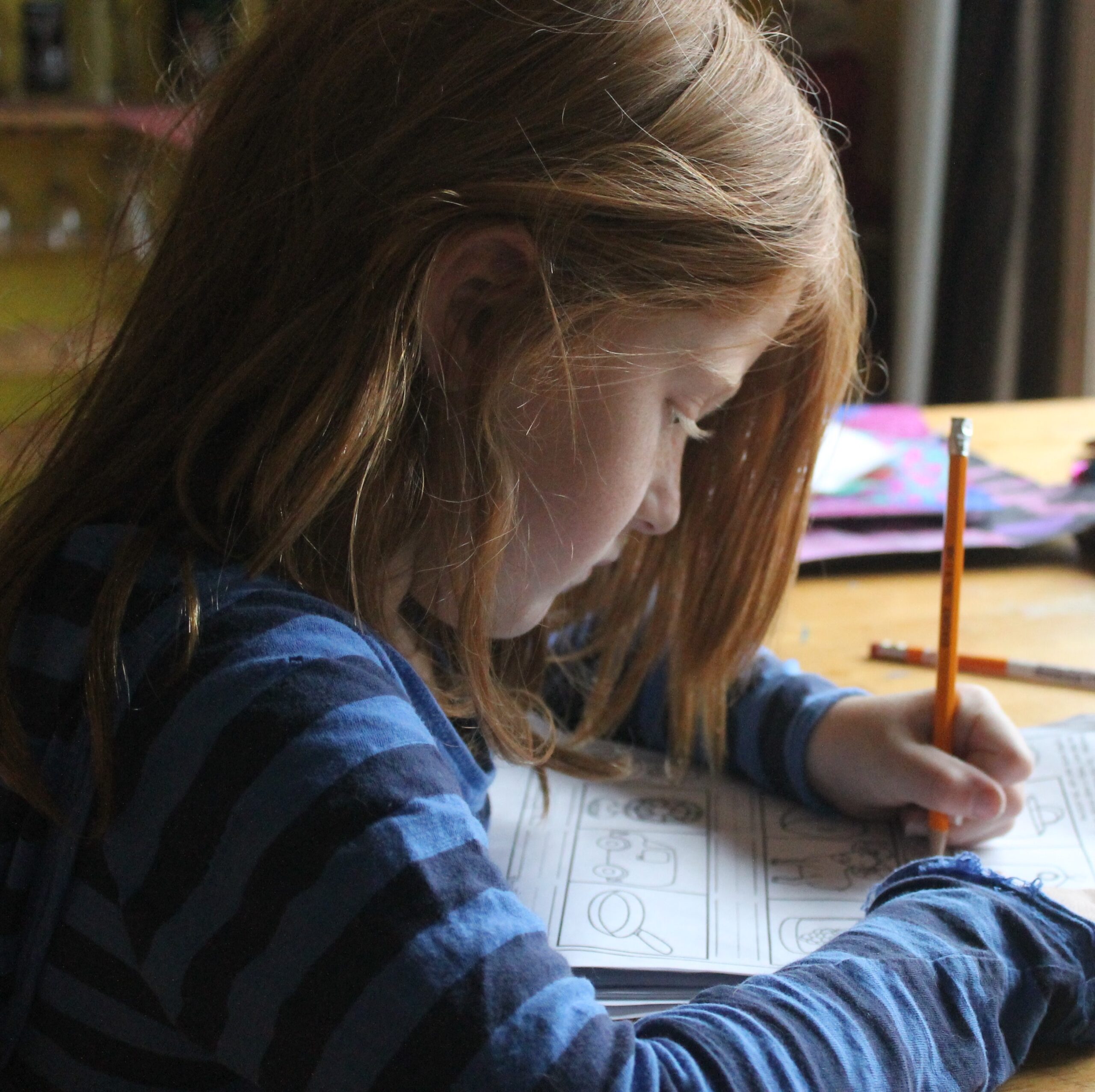 Children who spend more than seven hours a day of screen time may experience premature thinning of the part of the brain that processes sensory information.
Children who spend more than seven hours a day of screen time may experience premature thinning of the part of the brain that processes sensory information.
The data comes from a $300 million research funded by the National Institutes of Health (NIH) that will follow more than 11,000 kids aged 9 to 10 years old. Early results suggest that heavy screen time can have negative implications on the youth’s emotional, psychological, and cognitive development.
ABCD Study
Proponents of the Adolescent Brain Cognitive Development (ABCD) study analyzed 4,500 brain scans of children. They found that those who have more screen time have premature thinning of the brain cortex, the part of the brain responsible for interpreting information from the physical world.
Dr. Gaya Dowling, the NIH study director, said that while the results of the MRI scans showed significant differences in the brain of heavy screen time users, one must not jump into conclusions.
“We don’t know if it’s being caused by the screen time,” Dowling said in an interview with 60 Minutes. “It won’t be until we follow them over time that we will see if there are outcomes that are associated with the differences that we’re seeing in this single snapshot.”
Excerpted from “Heavy Screen Time May Cause Premature Changes In Brain Structure Among Kids: Study” in Tech Times online. Read the full article here.
Source: Tech Times | Heavy Screen Time May Cause Premature Changes In Brain Structure Among Kids: Study, https://www.techtimes.com/articles/236187/20181210/heavy-screen-time-may-cause-premature-changes-in-brain-structure-among-kids-study.htm | ⓒ 2018 Techtimes.com
To schedule an evaluation or to get advice about your child’s challenges, call or email a CHC Care Coordinator at 650.688.3625 or careteam@stage.chconline.org





